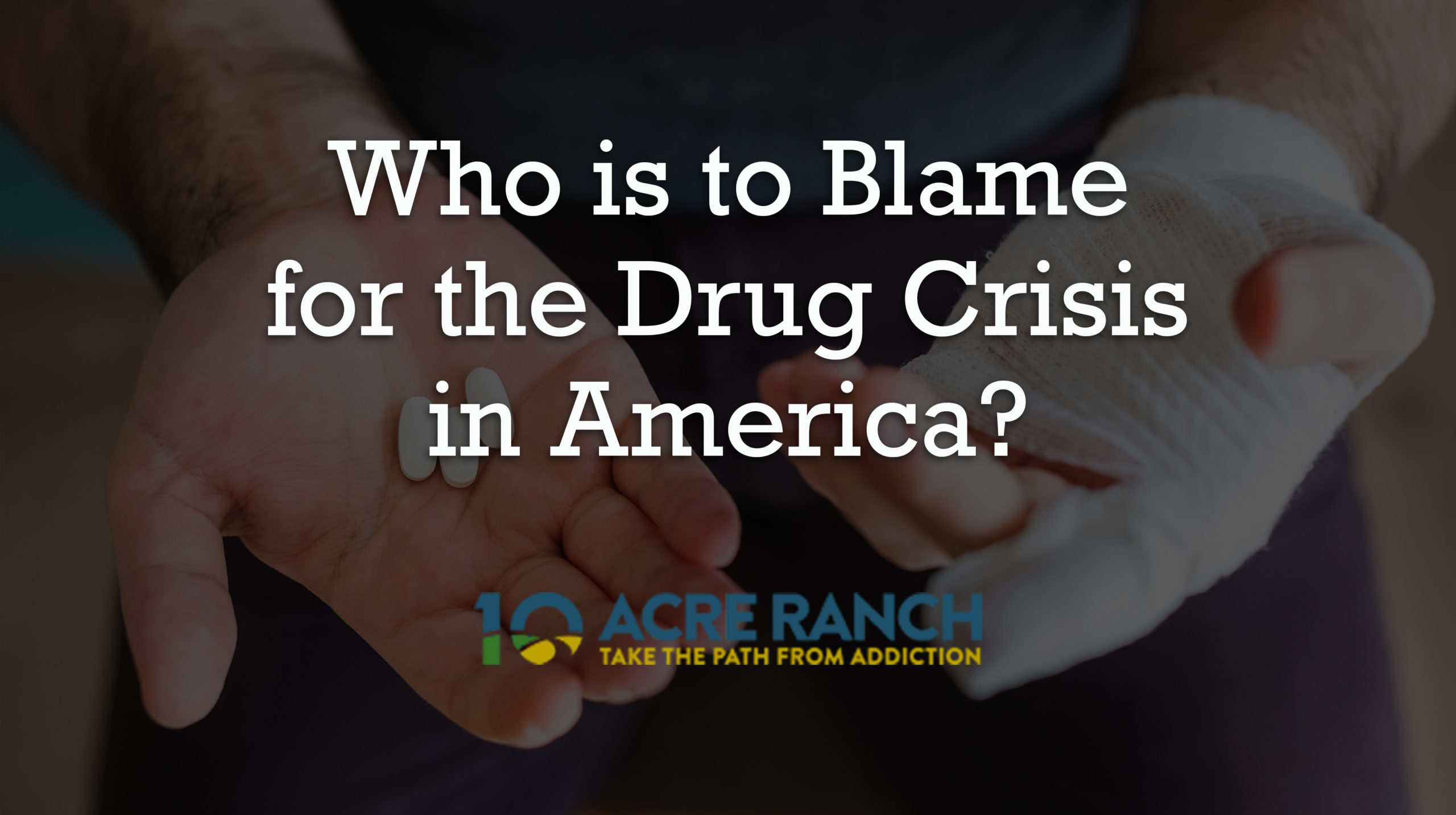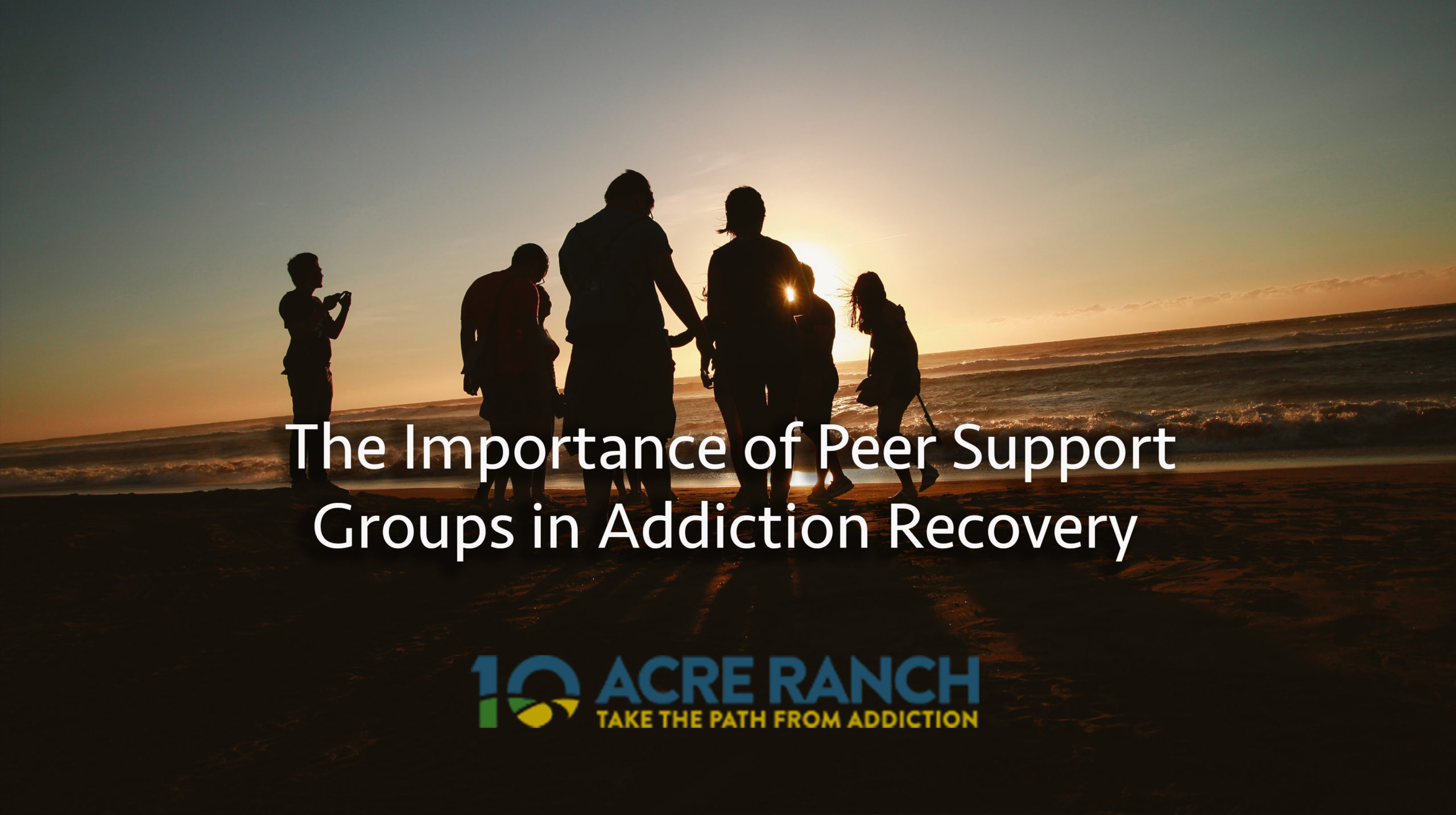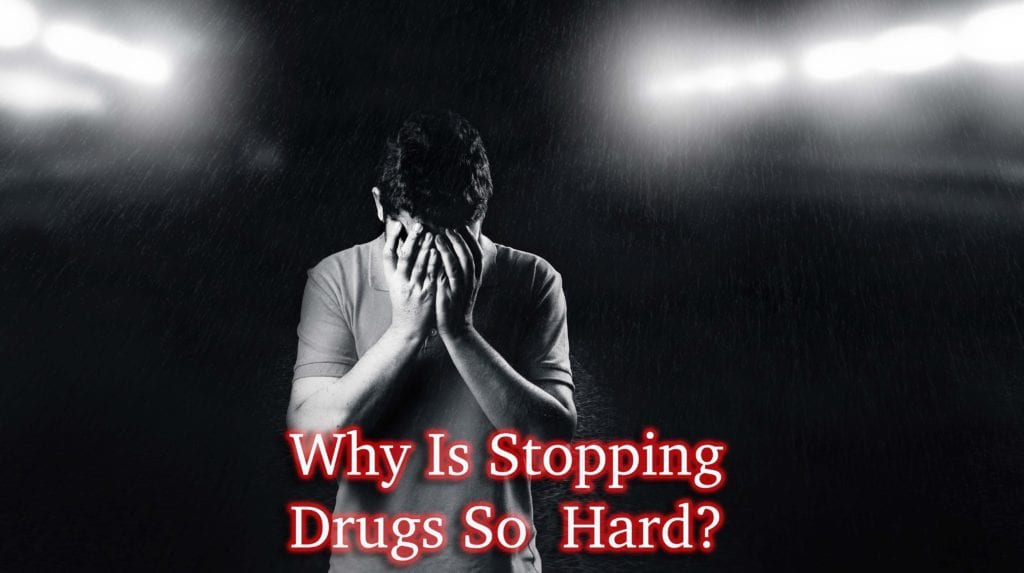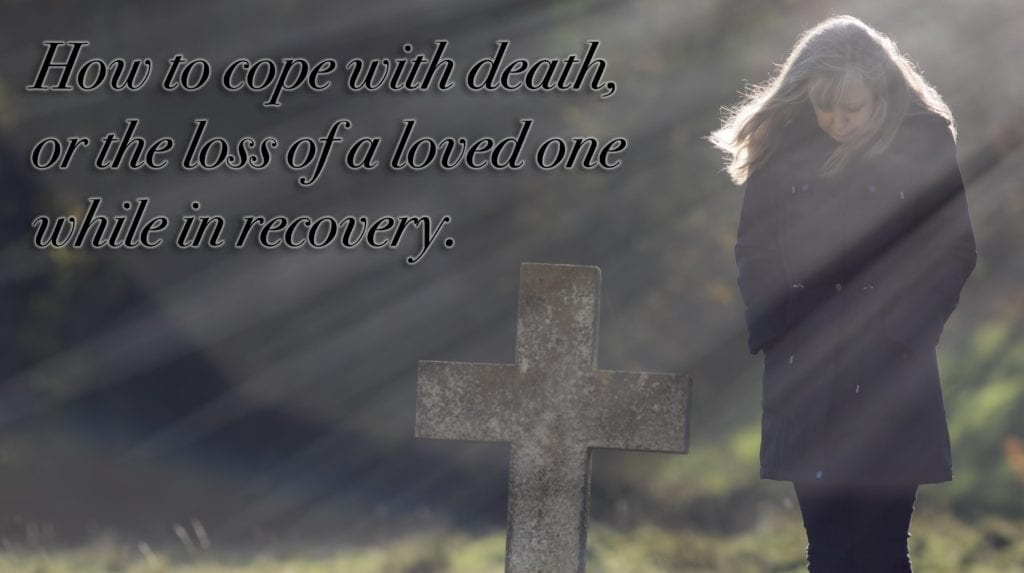This may be partially true, but for an honest, successful solution to the drug overdose crisis, we need to look at every possible …
The Importance of Peer Support Systems in Addiction Recovery
“Beginning 12-Step participation while in treatment, especially at group meetings held at the treatment program, and 12-Step …
Continue Reading about The Importance of Peer Support Systems in Addiction Recovery
Why Is Stopping Drugs So Hard?
addiction. There is no shame in asking someone for help in stopping drugs. In fact, most people simply cannot do it alone. The …
How to Cope with the Loss of a Loved One During Recovery from Addiction
Understanding that the grieving process is an important part of recovery is a good start. While a person recovers from an …
Continue Reading about How to Cope with the Loss of a Loved One During Recovery from Addiction










